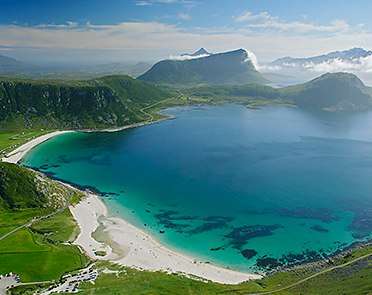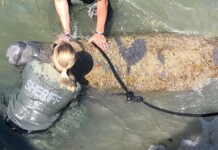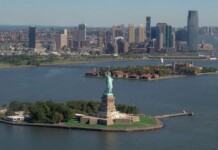 Putting the value of nature in front of the need for oil, the new government of Norway has decided to protect its valuable coastline from possible impact from petroleum spills.
Putting the value of nature in front of the need for oil, the new government of Norway has decided to protect its valuable coastline from possible impact from petroleum spills.
Oil and gas activity there would threaten the world’s largest cod stock, the world’s largest cold water coral reef and mainland Europe’s biggest seabird colony.
“This is not just a victory for all of us who have spent countless hours and years fighting for it. It is first and foremost a great victory for nature, including cod, seabirds, the world’s largest coldwater coral reef, and for renewable jobs and the transition to a 100% renewable society,” said Nina Jensen, CEO of WWF-Norway.
Earlier this year WWF-Norway ran a campaign to keep the coasts of Lofoten, Vesterålen and Senja free from oil and gas exploration.
But minority parties fought hard to ensure a permanent ban was in place to prevent any oil drilling and ensure these areas remain oil-free.
WWF suggests the decision has bigger implications than just nature conservation. Norway is one of the world’s largest oil and gas developers, with an economy largely dependent on the oil sector, yet current conditions have forced the country to consider the threat of carbon energy sources on the world’s climate.
Photo credit: Bard Løken – for WWF



















